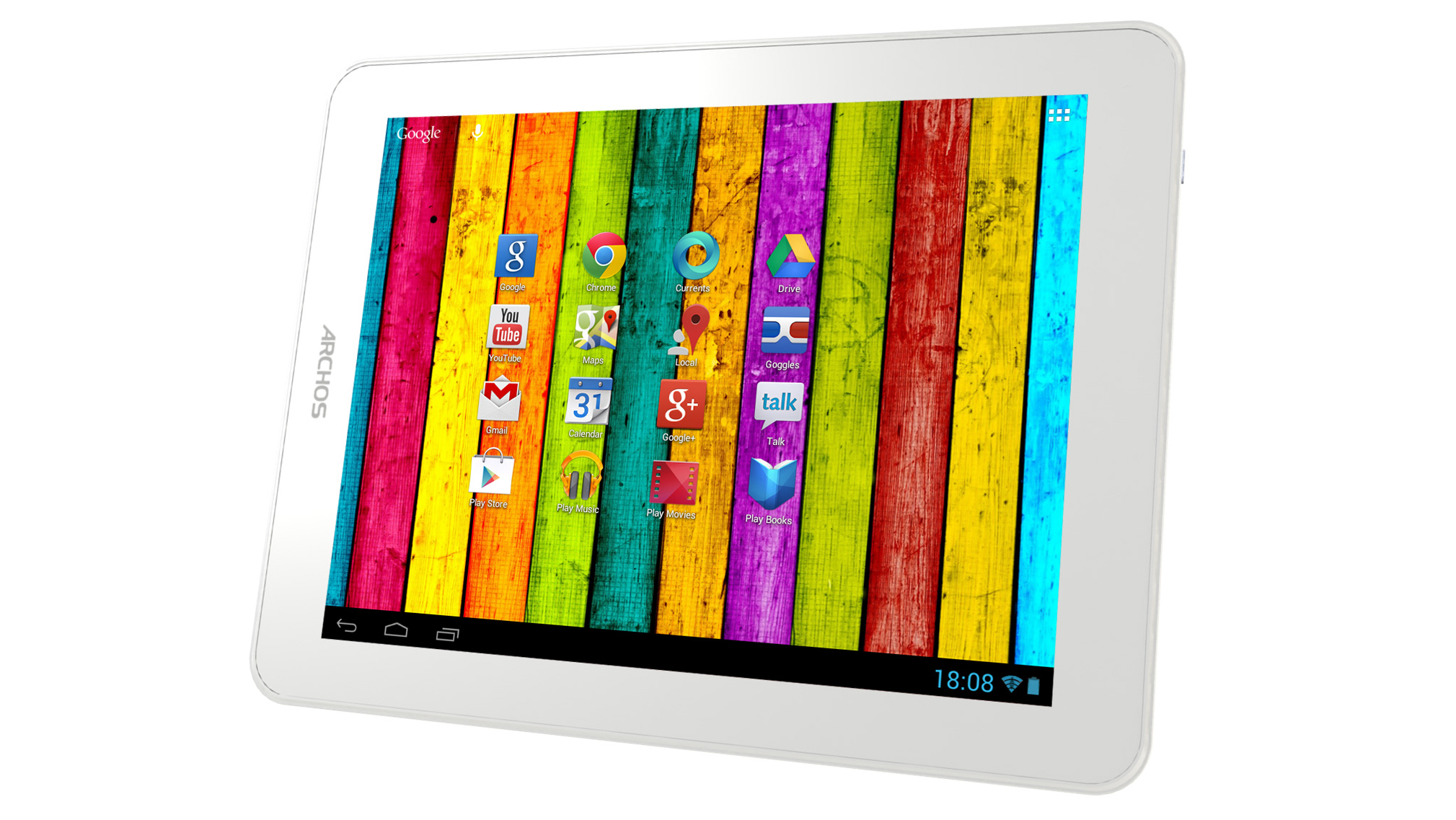TechRadar Verdict
There are problems, issues, and 'missing' features when you compare the Archos 80 Titanium to an iPad mini, but Apple's small tablet costs twice as much. The Archos outperforms it in many areas, so if you're considering a small tablet you should seriously consider it.
Pros
- +
Low price
- +
Android Jelly Bean
- +
Decent build quality
- +
miniHDMI & microSD slots
Cons
- -
No Bluetooth or GPS
- -
Low quality screen
- -
Poor audio
- -
Short battery life
Why you can trust TechRadar
With the iPad mini selling for a mighty £269 (US$329, AU$369) despite its small size, it was never going to be long until those responsible for 2012's slew of 10-inch iPad beaters turned their attentions to Apple's newest, smallest pad.
In truth the likes of Archos, Acer and Samsung were almost certainly working on 8-inch tablets well before Apple's launch of the iPad mini - and so-called 'phablet' phone-tablet hybrids aren't much smaller - but it's against the market leader that budget efforts such as the Archos 80 Titanium must be judged.
Announced and previewed way back in January at the CES 2013 trade show, this 8-inch tablet from Archos is just one of the brand's impressively large haul of new 8-to-10-inch tablets, all of which come sporting the Android operating system.
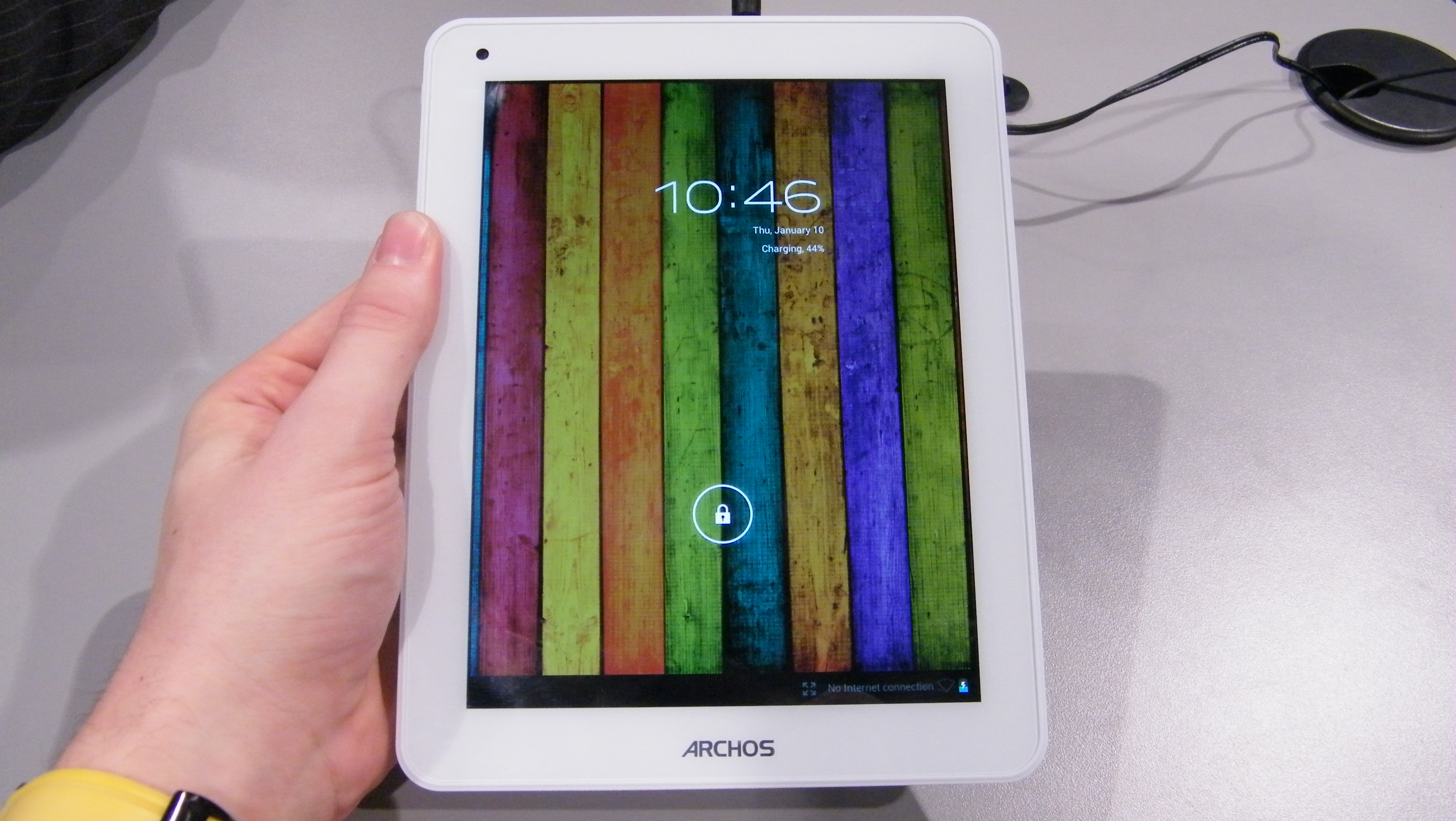
As the name suggests, the Archos 80 Titanium has a metallic back plate that's highly reminiscent of an iPad, as is its all-white bezel.
In fact, a brief glance at this tablet and you'll likely mistake it for an iPad 4, partly because it looks nothing like an iPad mini. The main differences are purely physical; the Archos 80 Titanium isn't as slim, it weighs much more, and the sides of the bezel - when held in portrait stance - are far wider than those on the iPad mini.
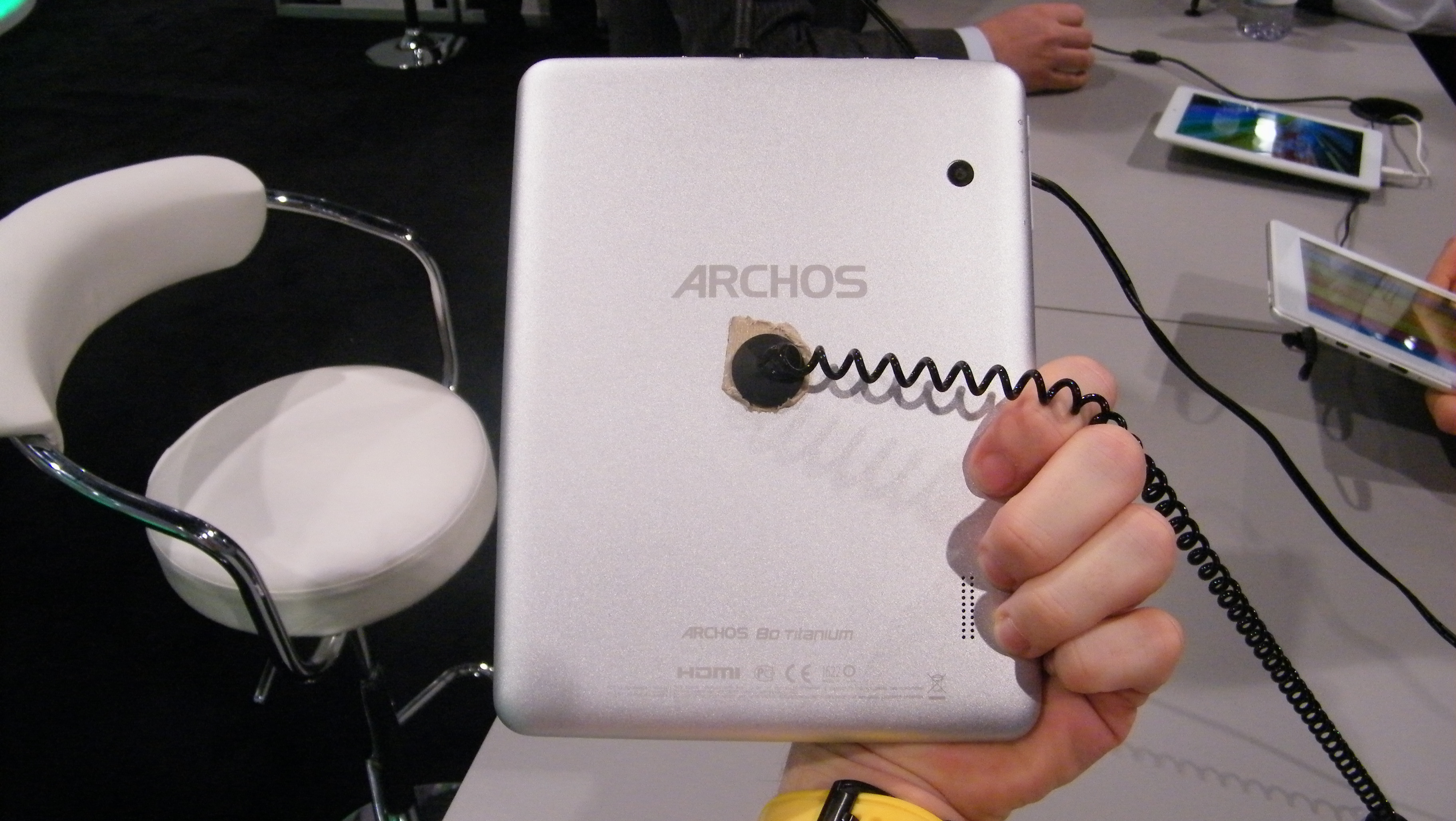
It's also well under half the price of the iPad mini, and we'd do well to remember that, despite the omissions on the Archos 80 Titanium.
That said, we must report that you won't find Bluetooth connectivity on this Wi-Fi-only model, while GPS is missing, too. Arguably the lack of Bluetooth is more of a worry, since it rules out pairing with a Bluetooth keyboard.
Sign up for breaking news, reviews, opinion, top tech deals, and more.
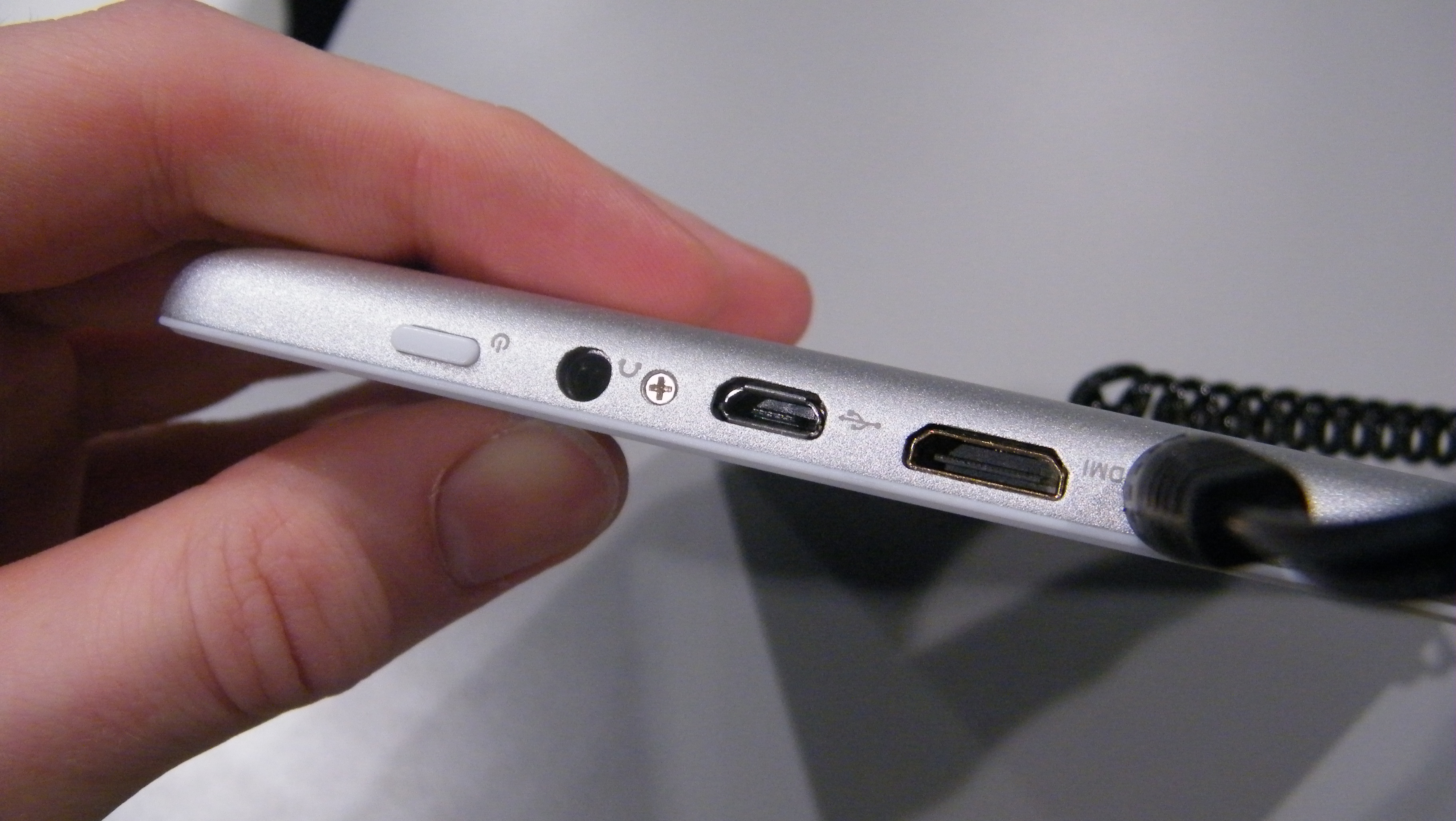
This makes the Archos 80 Titanium less attractive and credible as even an occasional laptop-killer for word processing.
We've noticed a trend recently of smaller tablets becoming popular as dashboard GPS systems in cars, which is something that the Archos 80 Titanium will have to excuse itself from, too.
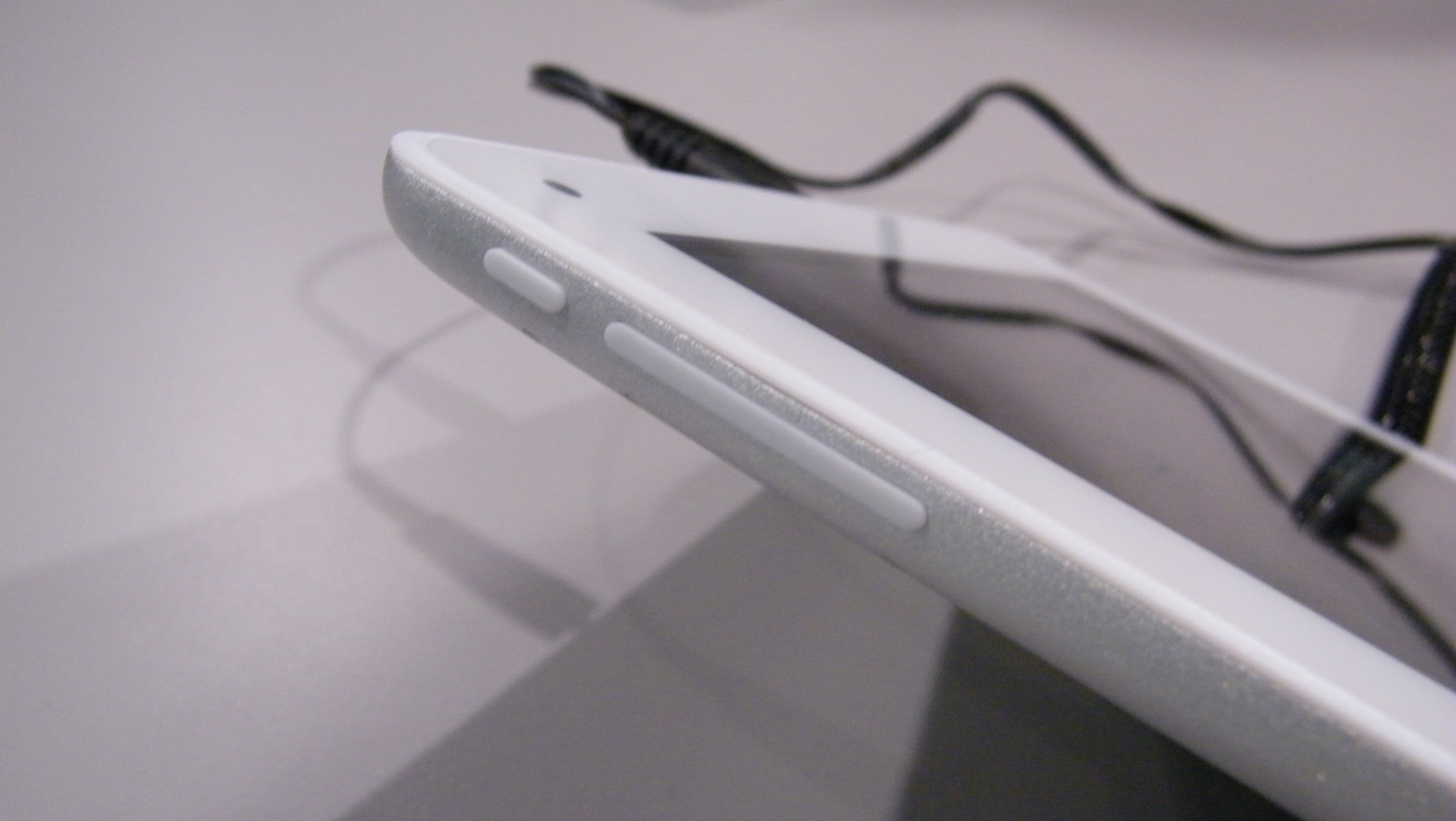
That metallic back isn't all it's cracked up to be either. It feels very cold in the hand, which is important at this size since the 8-inch size of the tablet is primarily designed to be held in one hand.
It's not a problem that lasts for too long, though, with the Archos 80 Titanium getting pretty hot after 30 minutes or so of use.
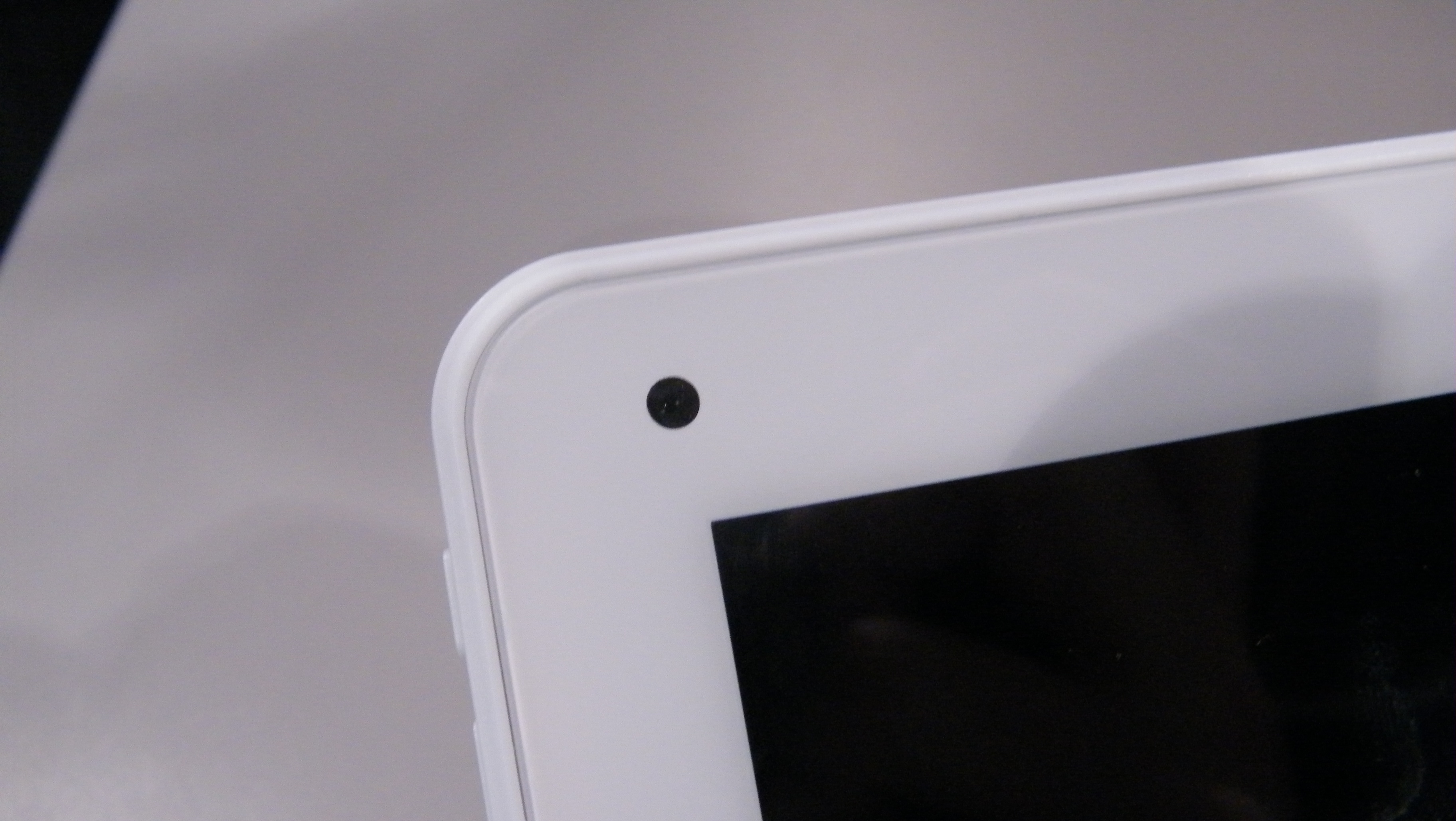
However, we've related these niggles just to make you aware of the Archos 80 Titanium's limitations, and we're confident that for many users - particularly those who simply want a tablet around the house for browsing the web and perhaps some home networking for photos (it's particularly good at the latter) - will be delighted with the Archos 80 Titanium. After all, it's something of a bargain.
Speaking of which, the Archos 80 Titanium comes with either 8GB or 16GB or built-in storage, and is priced at £149.99 (US$169) for the smaller capacity model, putting it up against budget tablets such as the Acer Iconia A1 and Disgo 8400G, and considerably undercutting the 8-inch Samsung Galaxy Note 8.0.
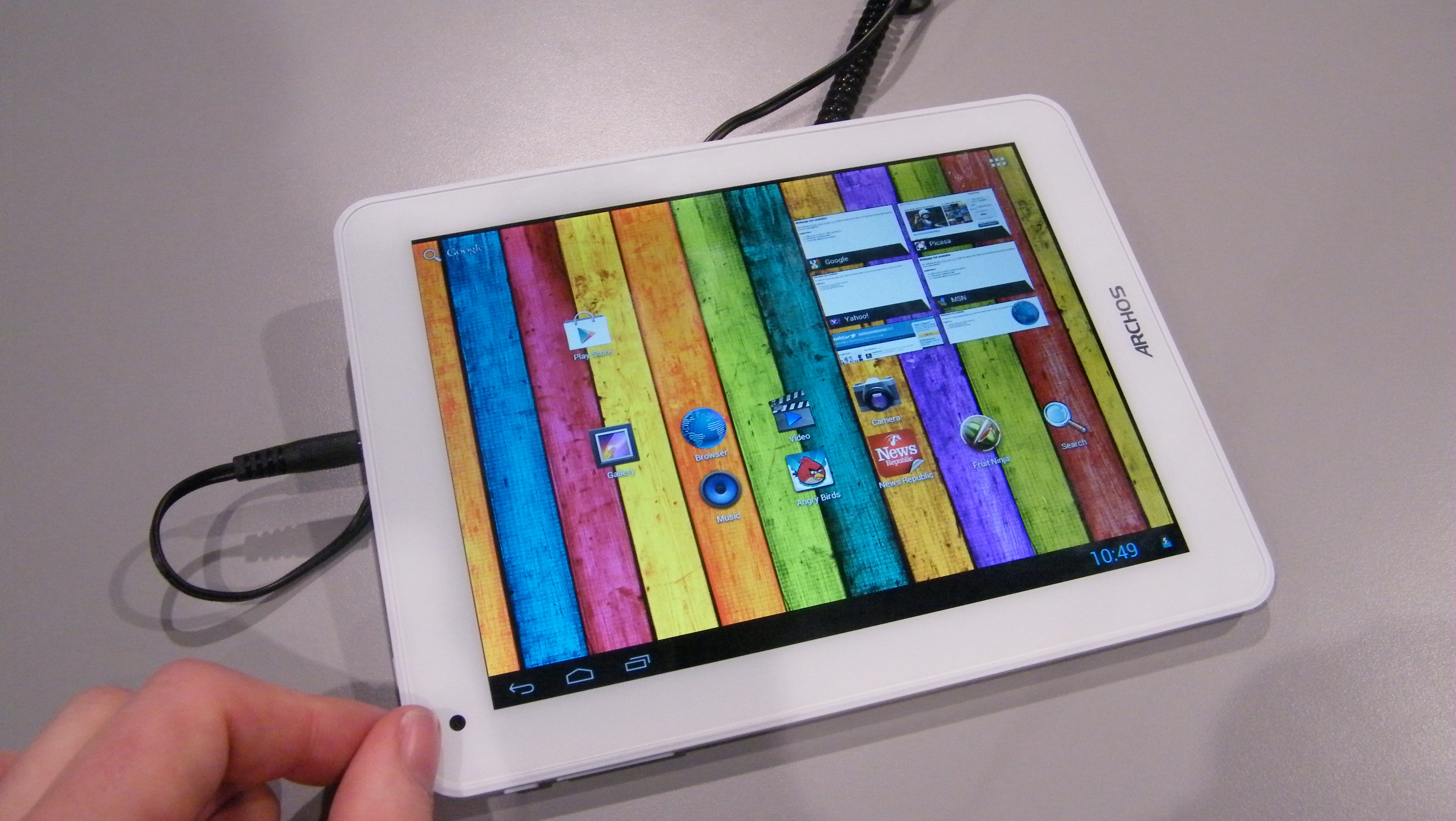
Both the 8GB and 16GB versions of the Archos 80 Titanium contain a microSD card slot for either increasing that storage up to as much as 32GB or transferring music, photos and videos from a smartphone or computer.
The Archos 80 Titanium is one of four models in the Titanium family, and is joined by smaller brother the 7-inch Archos 70 Titanium and bigger brothers the 9.7-inch Archos 97 Titanium and 10.1-inch Archos 101 Titanium.
Other tablets in Archos's new range include the Archos GamePad and Archos ChildPad in the Themed series and the Archos 80 Platinum and brothers in the Elements series, of which the Titanium family are a part.

Jamie is a freelance tech, travel and space journalist based in the UK. He’s been writing regularly for Techradar since it was launched in 2008 and also writes regularly for Forbes, The Telegraph, the South China Morning Post, Sky & Telescope and the Sky At Night magazine as well as other Future titles T3, Digital Camera World, All About Space and Space.com. He also edits two of his own websites, TravGear.com and WhenIsTheNextEclipse.com that reflect his obsession with travel gear and solar eclipse travel. He is the author of A Stargazing Program For Beginners (Springer, 2015),
